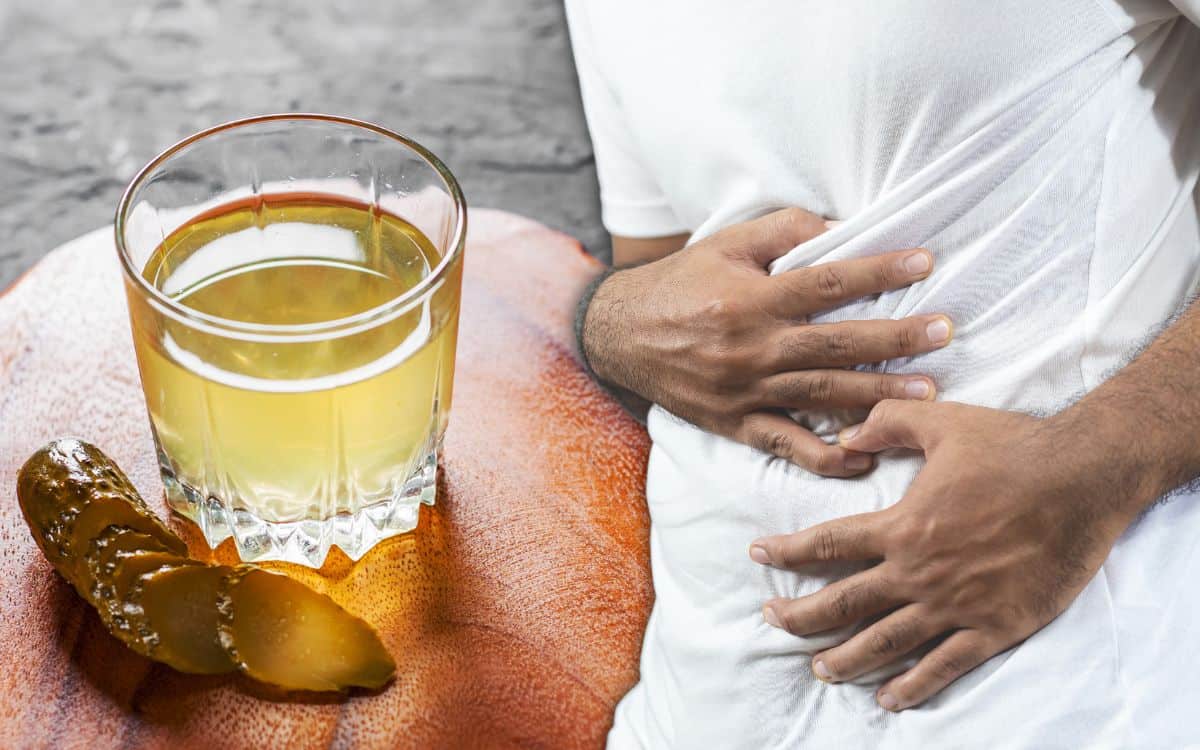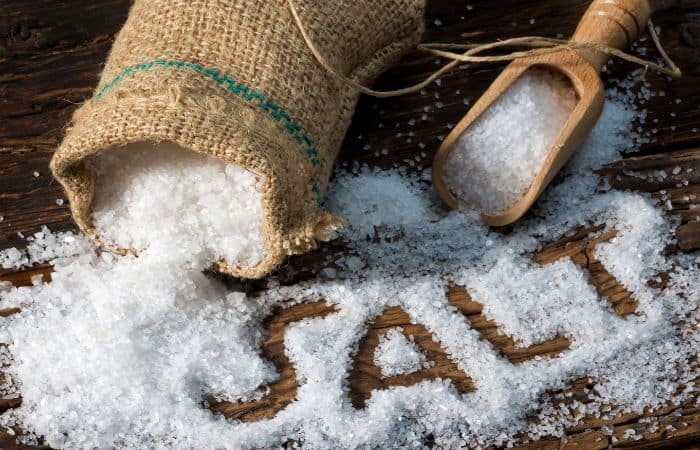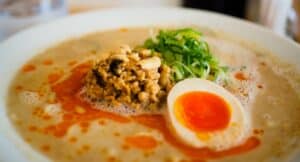Pickle juice has long been a popular home remedy for many ailments, ranging from muscle cramps to hydration. Recently, there have been questions surrounding whether or not pickle juice is actually effective in aiding digestion and relieving constipation. In this article, we will explore the potential effects of drinking pickle juice on your digestive health and whether or not it can be used as an effective remedy.

Benefits of Pickle Juice for Digestion
Pickle juice is a popular home remedy for digestive problems. This salty solution contains vinegar, which has been shown to aid in digestion by breaking down food and promoting the growth of beneficial bacteria in the gut. Additionally, pickle juice can help soothe an upset stomach and alleviate bloating.
The potential benefits of pickle juice for digestion don’t stop there. Some people believe that drinking pickle juice can stimulate bowel movements and relieve constipation. This may be due to the high concentration of sodium in pickles, which helps pull water into the colon and soften stools.
High Sodium Content in Pickle Juice
The high sodium content in pickle juice causes the body to retain water, which can lead to a temporary increase in bowel movements. Sodium is an electrolyte that helps regulate fluid balance, and when there’s too much of it in the body, the kidneys work harder to remove it through urine. This increased activity in the kidneys can also cause more water to be pulled into the colon, leading to more frequent bowel movements.
However, while pickle juice may provide some short-term relief for constipation or sluggish digestion, it’s important not to rely on it as a long-term solution. Excessive consumption of pickles or pickle juice can lead to imbalances in electrolytes. It’s always best to maintain a balanced diet with plenty of fiber-rich foods and adequate hydration for optimal digestive health.
Help with Rehydration and Electrolyte Balance
Pickle juice may help with rehydration and electrolyte balance, which can impact digestion due to its high electrolyte content, including sodium, potassium, calcium, and magnesium. Electrolytes are minerals that help regulate fluid balance in the body and are essential for a variety of bodily functions, including nerve and muscle function, hydration, and pH balance.
During digestion, electrolytes play a crucial role in maintaining the proper balance of fluids in the body, which can impact the movement of food through the digestive system. Dehydration or imbalances in electrolyte levels can lead to constipation, bloating, and other digestive issues.
Side Effects of Consuming Pickle Juice for Digestion
While pickle juice is generally considered safe for consumption, there are some potential side effects to be aware of when using it for digestion:
High Sodium Intake
Pickle juice is typically high in sodium due to the pickling process, which involves soaking cucumbers in a solution of water, vinegar, and salt. Consuming excessive amounts of pickle juice can result in a high intake of sodium, which may not be suitable for individuals with high blood pressure, heart disease, or other health conditions that require a low-sodium diet. Too much sodium can also lead to fluid retention, bloating, and other discomforts.

Imbalance of Electrolyte Levels
Pickle juice’s high electrolyte content, including sodium, potassium, calcium, and magnesium, can potentially cause an imbalance in electrolyte levels when consumed in excessive amounts. This can disrupt the normal functioning of the body’s electrolyte balance, leading to symptoms such as irregular heartbeat, muscle weakness, and confusion.
Digestive Discomfort
Some individuals may experience digestive discomfort after consuming pickle juice, particularly if they are not accustomed to the high acidity or vinegar content of pickle juice. This can result in symptoms such as heartburn, indigestion, or stomach discomfort.
Allergies or Sensitivities
Pickle juice contains ingredients such as cucumbers, vinegar, and spices, which can potentially trigger allergies or sensitivities in some individuals. Allergic reactions or sensitivities can cause symptoms ranging from mild, such as itching or rash, to severe, such as difficulty breathing or anaphylaxis.

Interactions with Medications
Pickle juice may interact with certain medications, particularly those that are sensitive to changes in electrolyte levels or sodium intake. If you are taking medications that are affected by electrolyte imbalances, such as diuretics or blood pressure medications, it’s important to consult with your healthcare provider before consuming pickle juice for digestion.
Can Pickle Juice Be Used as A Substitute for Other Laxatives or Digestive Aids?
While pickle juice may have some potential benefits for digestion, it’s not typically used as a substitute for other proven laxatives or digestive aids. Pickle juice is not a scientifically proven or recommended treatment for constipation or other digestive issues.
Pickle juice is high in sodium and electrolytes, which may help with rehydration and electrolyte balance, but it does not contain the specific components found in traditional laxatives or digestive aids that are designed to stimulate bowel movements or promote digestive motility. Laxatives and digestive aids are specifically formulated with active ingredients that target the digestive system and are backed by scientific evidence for their efficacy and safety.
There are various over-the-counter laxatives and digestive aids available, such as fiber supplements, stool softeners, lubricants, stimulants, and probiotics, that have been studied and proven to be effective for constipation and other digestive issues. These products are specifically formulated to address various causes of constipation, such as lack of fiber, low fluid intake, slow bowel motility, or imbalances in gut bacteria.
Why Do Pickle Juice Can Cause Diarrhea or Other Digestive Issues in Some Individuals?
Pickle juice may cause diarrhea or other digestive issues in some individuals due to several factors:
High Acidity
Pickle juice is typically acidic due to the vinegar used in the pickling process. The high acidity of pickle juice can irritate the lining of the stomach and intestines in some individuals, leading to symptoms such as diarrhea, stomach discomfort, or heartburn.
Individual Sensitivities or Allergies
Some individuals may be sensitive or allergic to ingredients in pickle juice, such as cucumbers, vinegar, or spices. Allergies or sensitivities to these ingredients can cause digestive issues, including diarrhea, bloating, or stomach discomfort.
Disruption of Gut Microbiota
The high acidity and vinegar content in pickle juice may disrupt the natural balance of gut microbiota in some individuals. Gut microbiota refers to the trillions of beneficial bacteria that reside in the gut and play a crucial role in digestion and overall gut health. Disruption of gut microbiota can lead to digestive issues, including diarrhea or other gastrointestinal symptoms.
Excessive Intake
Consuming large amounts of pickle juice in a short period of time can overwhelm the digestive system and potentially cause digestive issues, including diarrhea. It’s important to consume pickle juice in moderation and consider individual tolerances and sensitivities.
Alternative Options to Pickle Juice for Promoting Healthy Digestion
There are several alternative options to pickle juice that may promote healthy digestion. Here are some options:
Probiotics
Probiotics are beneficial bacteria that can help support a healthy gut microbiota, which plays a crucial role in digestion. Probiotic-rich foods, such as yogurt, kefir, sauerkraut, kimchi, and other fermented foods, can be included in your diet to promote digestive health.
High-fiber Foods
Fiber is important for maintaining regular bowel movements and promoting digestive health. Including foods rich in fiber, such as whole grains, fruits, vegetables, legumes, nuts, and seeds, can help support healthy digestion and prevent constipation.
Hydration
Staying properly hydrated is crucial for healthy digestion. Drinking an adequate amount of water throughout the day can help keep your digestive system functioning smoothly by softening stool and promoting regular bowel movements.

Herbal Teas
Certain herbal teas, such as peppermint tea, ginger tea, and chamomile tea, have been traditionally used to soothe digestive discomfort and promote healthy digestion. These teas can be consumed as part of a healthy diet and lifestyle to support digestive health.
Exercise
Regular physical activity, such as walking, jogging, or doing other forms of aerobic exercise, can help stimulate bowel movements and promote healthy digestion. Exercise can also help reduce stress, which is known to impact digestion negatively.
Proper Chewing and Eating Habits
Taking the time to thoroughly chew your food and eating at a slow pace can aid digestion. Eating smaller, frequent meals throughout the day instead of large meals can also help prevent overloading the digestive system and promote healthy digestion.
Conclusion
There is no definitive answer as to whether pickle juice can help you poop. Although it has been suggested that drinking pickle juice can lead to an increase in bowel movements, there are no official studies to back this up. Ultimately, the effects of drinking pickle juice on digestion depend on each individual’s body chemistry and other factors. Therefore, it is important for anyone considering using pickle juice for digestive reasons to consult a doctor before trying it out.





